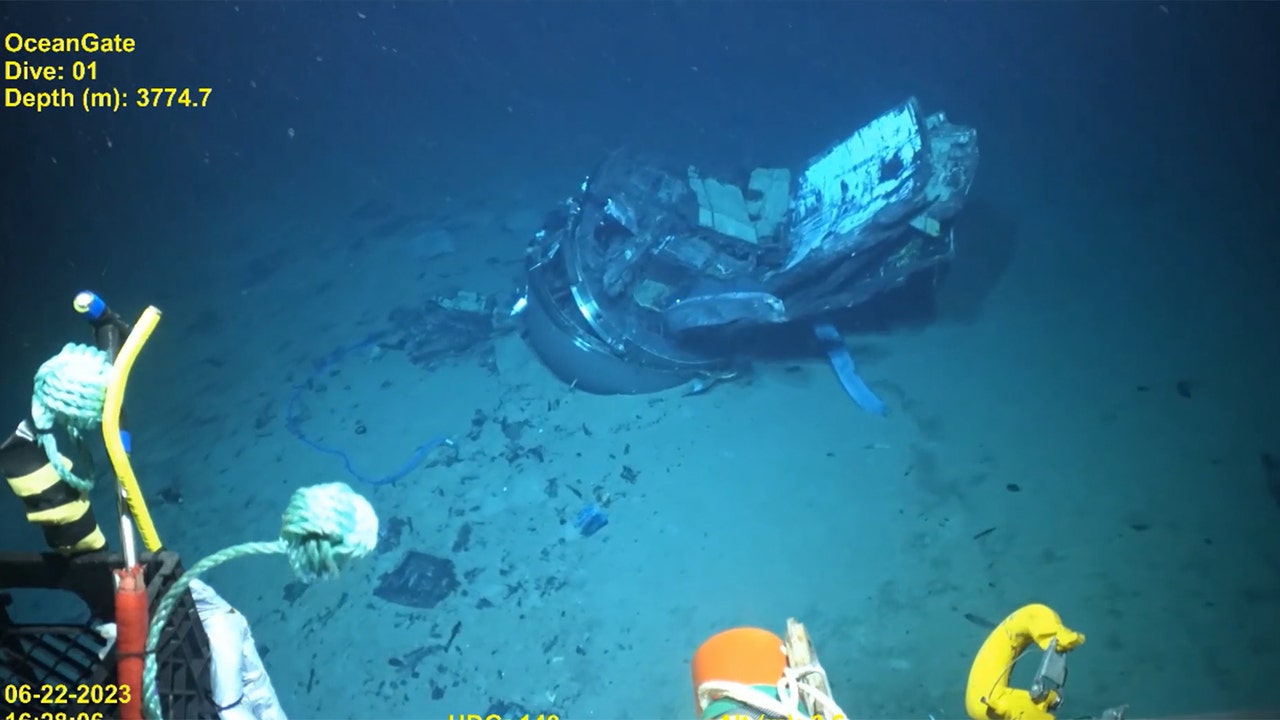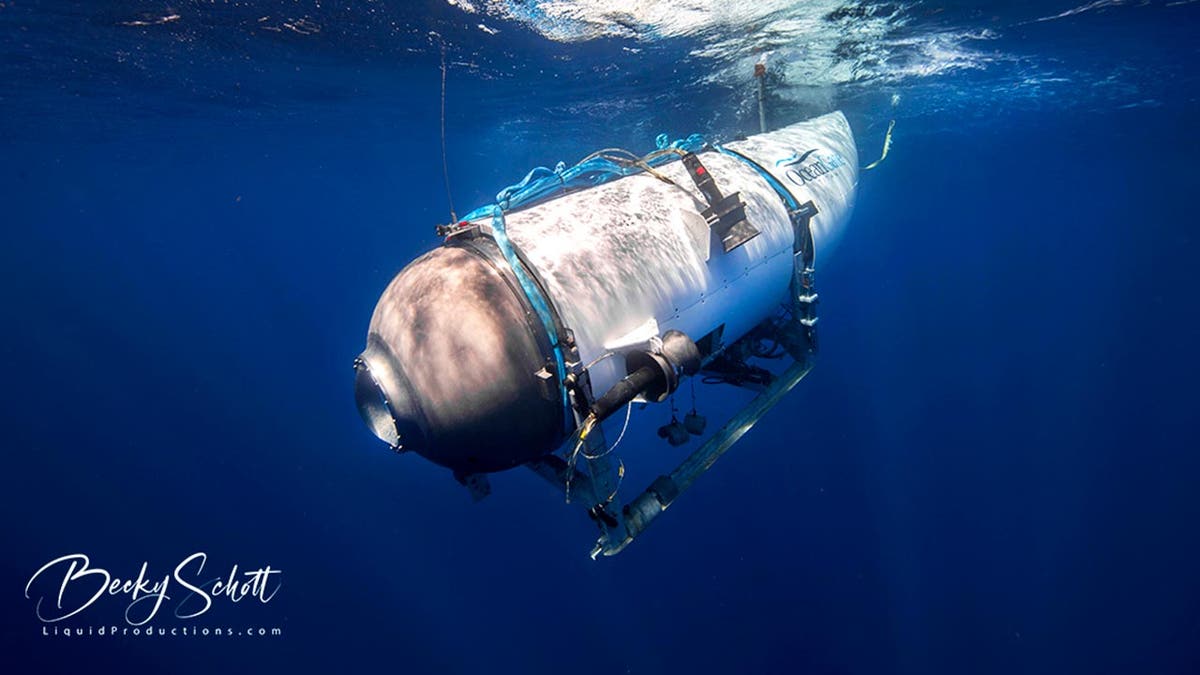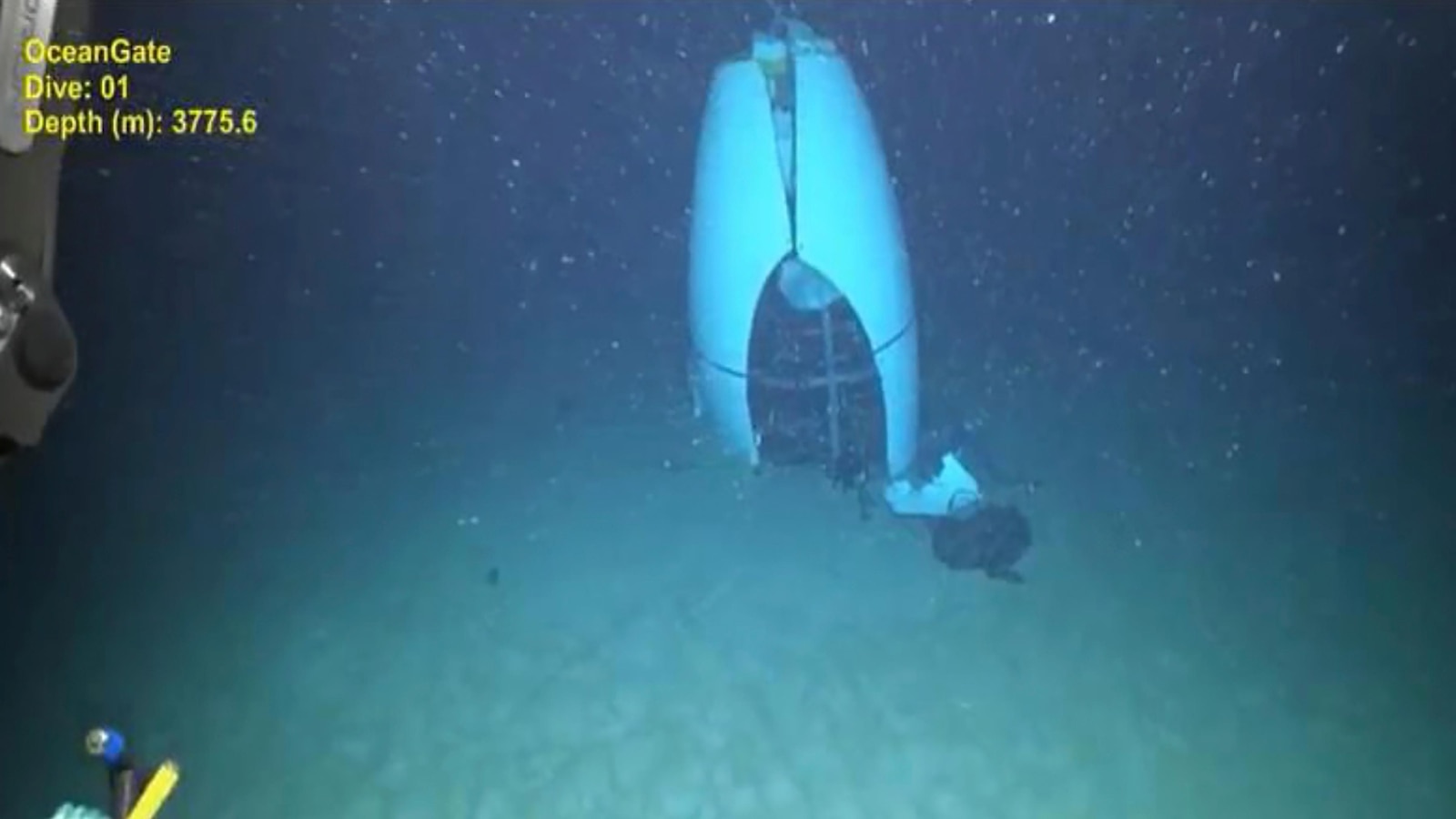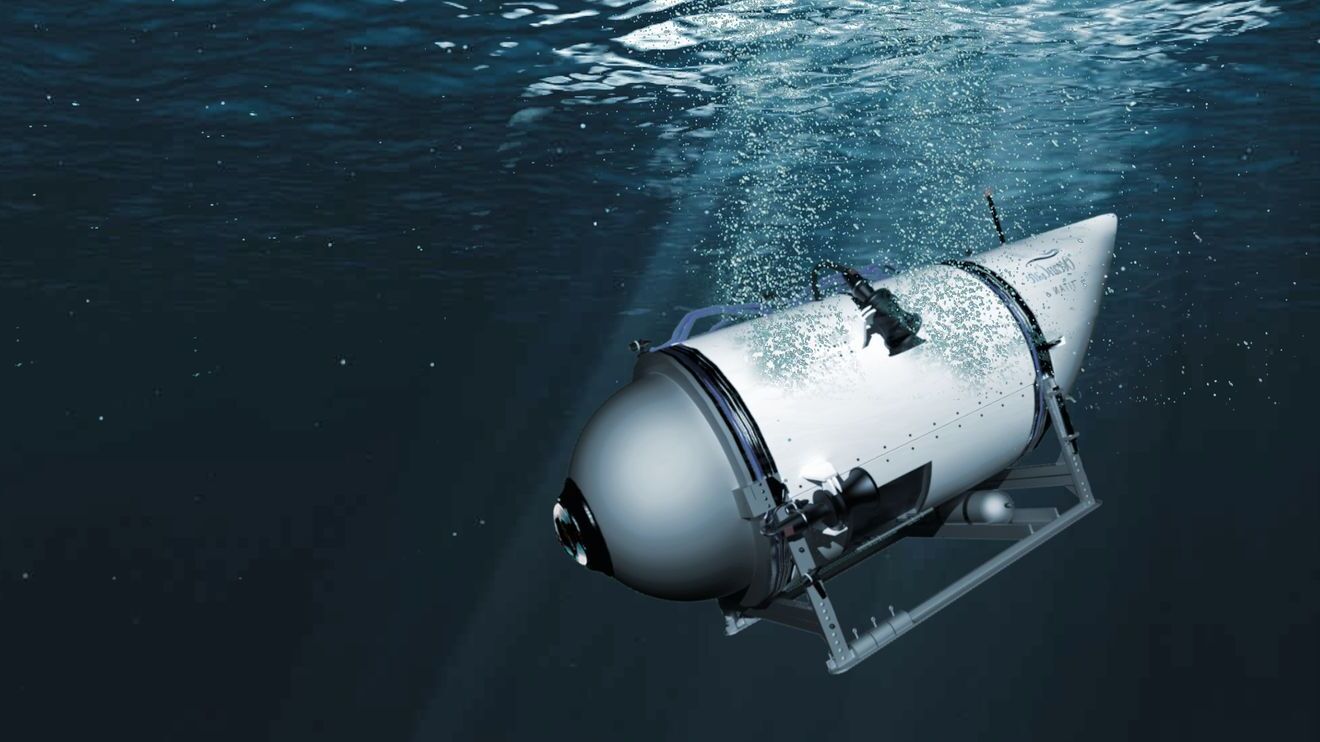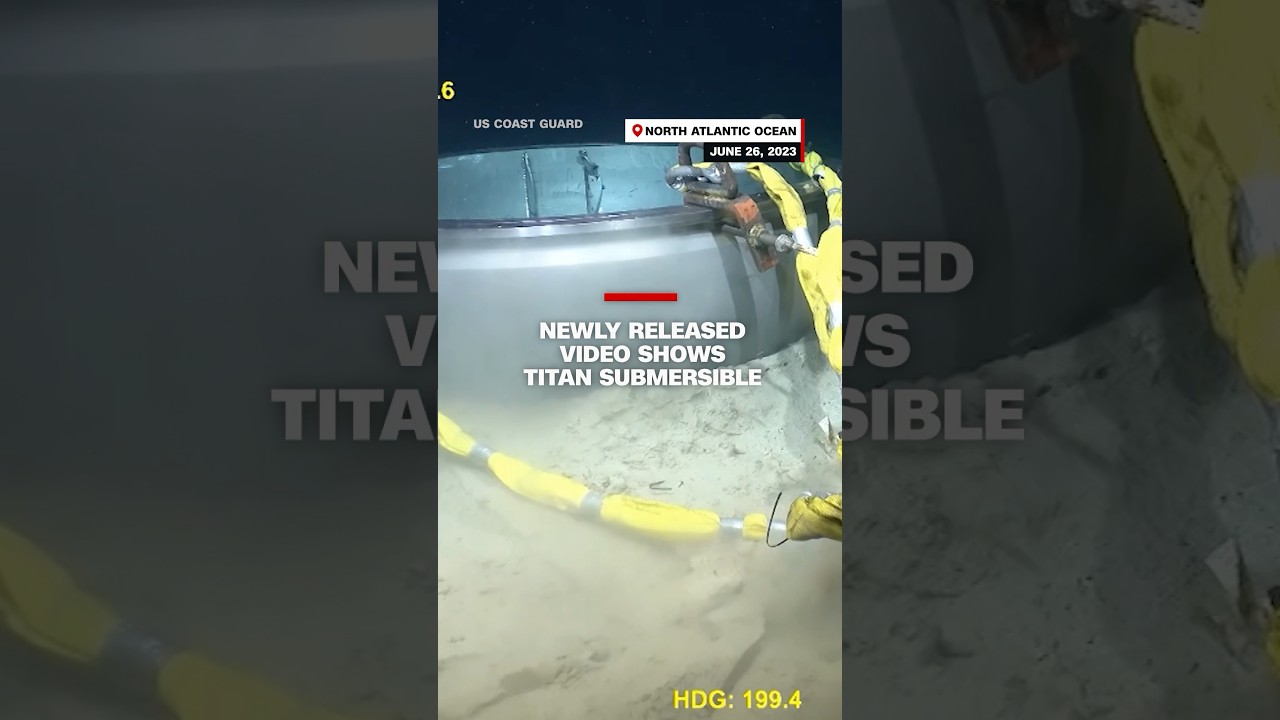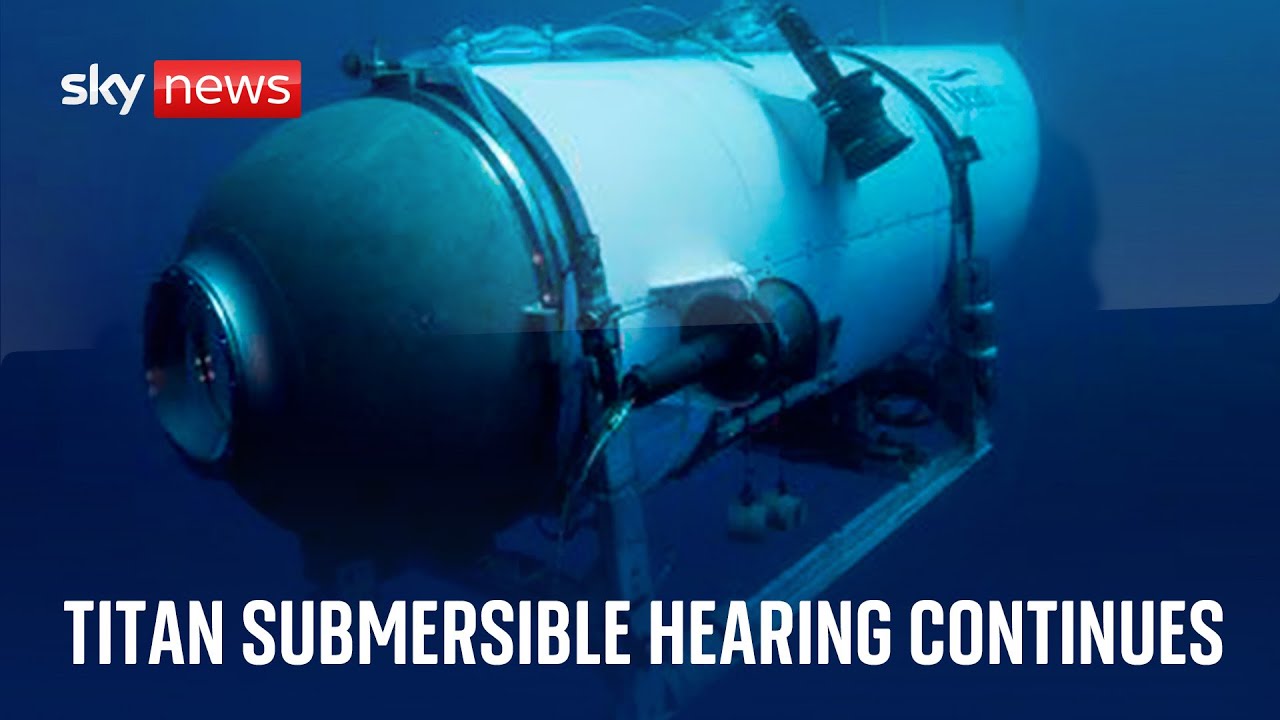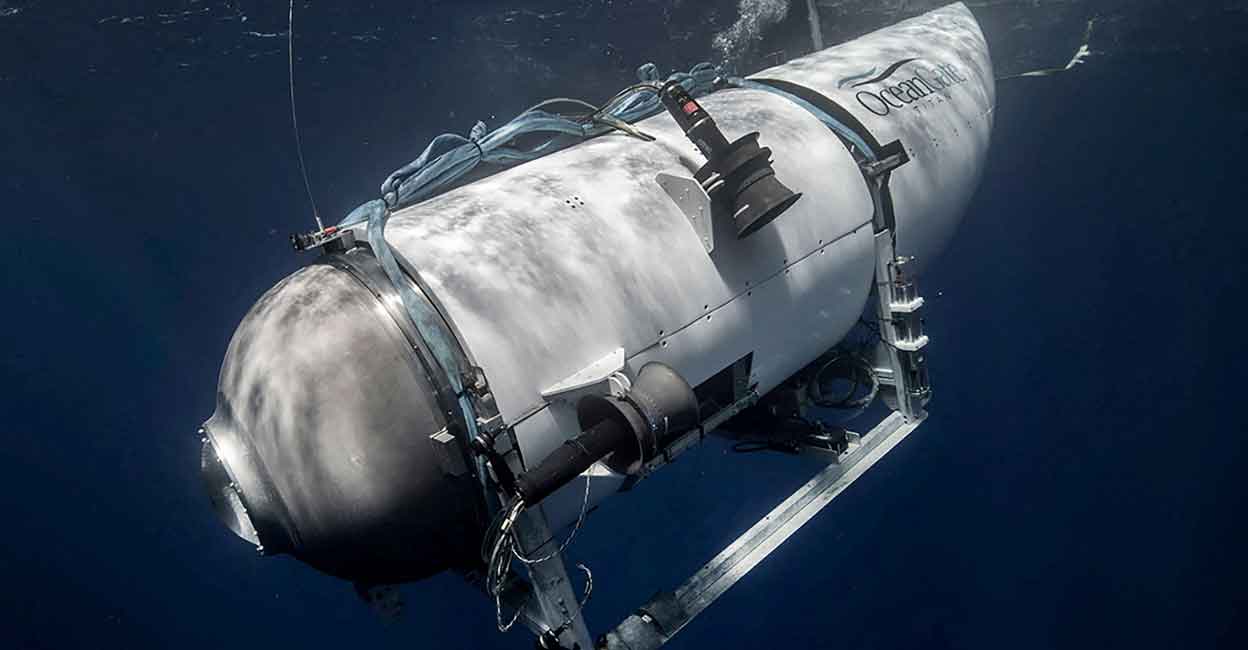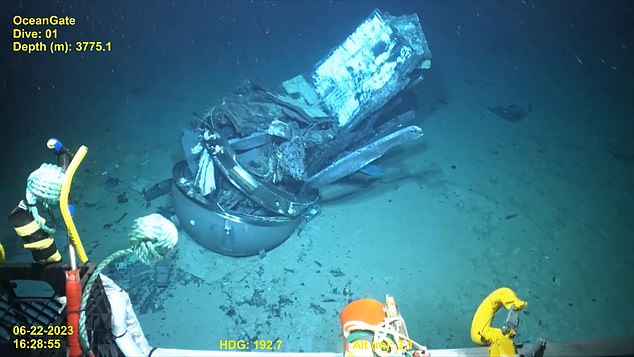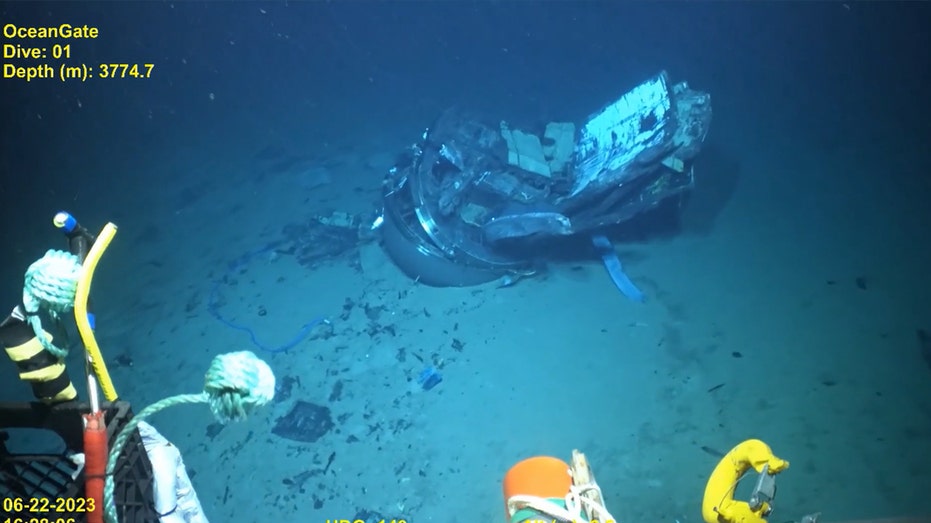Tragic Implosion of Titan Submersible: Investigation Uncovers Alarming Pattern of Recklessness
Earlier this summer, the world watched in horror as the Titan submersible, operated by OceanGate, imploded en route to the wreck of the Titanic, claiming the lives of five people on board. The tragedy sent shockwaves around the globe, and an investigation into the incident has been underway ever since. As the Coast Guard holds a hearing into the circumstances surrounding the disaster, disturbing evidence has emerged, suggesting a pattern of recklessness on the part of OceanGate's founder and CEO, Stockton Rush. One of the most damning testimonies to date has come from David Lochridge, a pilot who has flown several missions with OceanGate. According to Lochridge, this is not the first close call involving one of the company's submersibles. In a previous incident, Lochridge claimed that Rush got a submersible stuck under a shipwreck and then threw the ship's emergency beacon overboard, leaving the crew in a precarious situation. Lochridge's account raises serious concerns about Rush's judgment and puts into question the company's safety record. If true, this incident would have been a warning sign that was recklessly ignored, ultimately leading to the tragic loss of life in the Titan disaster. The hearing has also brought to light a culture of bravado and risk-taking within OceanGate, which seems to have prioritized pushing the limits of human exploration over the safety of its crew. At the heart of the investigation is the Coast Guard's inquiry into the causes of the Titan submersible's catastrophic failure. The submersible was carrying five people on a commercial expedition to the Titanic wreck site when it suddenly lost contact with the support vessel. A subsequent search effort recovered the wreckage of the submersible, but all on board had perished. This devastating incident highlights the risks and uncertainties of deep-sea exploration and the critical importance of safety protocols and emergency preparedness. The fact that OceanGate appears to have disregarded such concerns on at least one previous occasion raises serious questions about the company's fitness to operate in this high-risk industry. The hearing, which is ongoing, has already uncovered evidence of a disturbing lack of regard for safety procedures within OceanGate. Witnesses have testified that the company's submersibles were frequently pushed to their limits, with little heed paid to the risks involved. This culture of recklessness has left many in the industry shaken, and the Coast Guard is right to take a closer look at the company's practices. As the investigation continues, it is clear that a thorough examination of the facts is necessary to determine what exactly happened on that fateful day. The testimony of witnesses like Lochridge, however, paints a damning picture of a company that prioritized risk-taking over safety. The families of the victims, as well as the wider public, deserve answers about what went wrong and what steps are being taken to prevent a similar tragedy in the future. The Coast Guard's inquiry is a critical step in that process, and its findings will undoubtedly have significant implications for the industry as a whole. As we await the full report, one thing is certain: the memories of those lost in the Titan tragedy will not be forgotten, and we owe it to them to ensure that this kind of disaster never happens again.#Business


